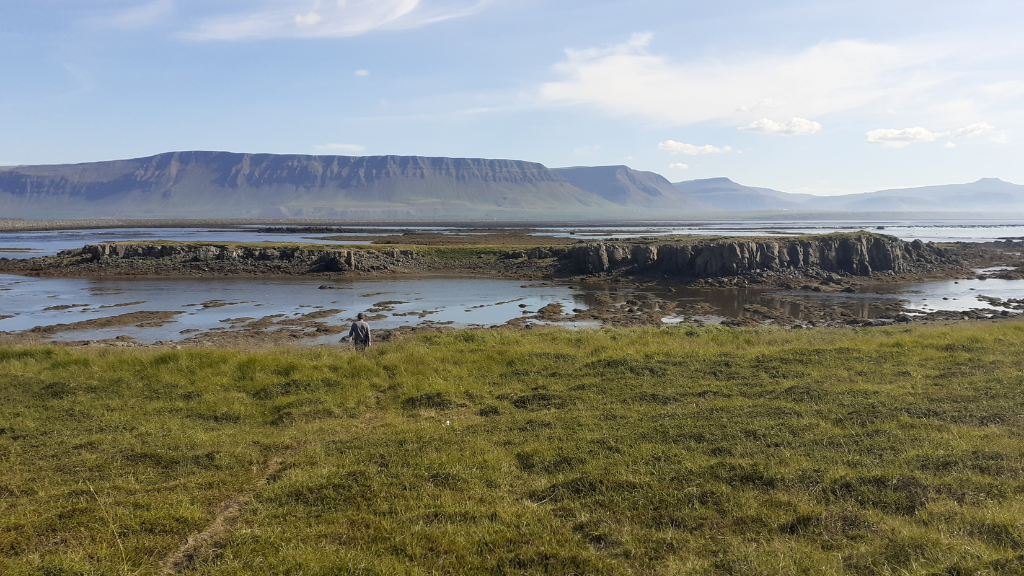The project brought together institutions from Portugal, Norway and Iceland. Implemented by CIIMAR in Portugal, Nord University in Norway and the University of Iceland, the initiative also involved science communicators from the Escola de Ciência Viva at the Parque Biológico de Gaia in Portugal.
Focused on deepening our knowledge of the mechanisms by which marine species adapt to environmental changes, Adaptchange focused on three fundamental pillars: technical cooperation through the implementation of a joint research project, capacity building and knowledge transfer through the organisation of courses, and scientific dissemination activities aimed at conserving the biodiversity of our oceans.
The main aim of the research project was to study the adaptation mechanisms of gastropods in the intertidal environment, particularly the species Littorina obtusata, at the latitudinal extremes of its distribution. Preliminary phenotypic analyses of samples collected in Iceland, Norway and Portugal revealed interesting changes in shell shape, probably influenced by crab predation and/or temperature variations. Genetic analyses are now being conducted in order to characterise the genetic basis of the phenotypic changes observed.
The implementation of Adaptchange also resulted in the organisation of three technical courses covering the analysis of genomic data, eco-evolutionary dynamics during environmental change and adaptation to climate change. These courses contributed to the transfer of knowledge and were attended by around 100 students and researchers.
The project also reached out to schools by organising exhibitions and interactive experiments, with around 350 participants taking part in various outreach activities on evolutionary concepts, the consequences of climate change and the urgent need to safeguard marine biodiversity.
The project led to the collection of samples and data, culminating in a master's thesis, and a manuscript is expected to be published in a scientific journal next year. Finally, a report based on the project's conclusions is now being prepared and should be accessible to conservation organisations and agencies by the end of 2023.
Based on this success, the participants in the scientific collaboration network established during Adaptchange are considering submitting a joint research project centred on the study of eco-evolutionary dynamics during climate change at an intercontinental level.
